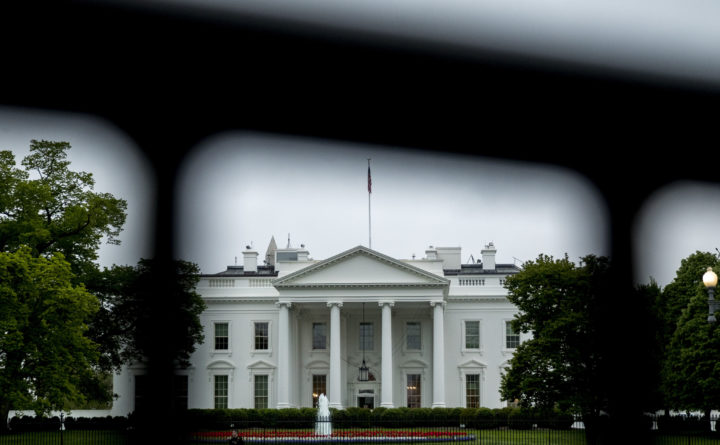“With two masters from two equal branches of government, we will follow the instructions of the one that employs him,” Driscoll wrote in the letter addressed to the committee’s chairman, Rep. Elijah Cummings, D-Maryland.
Cummings was not available for comment late Monday night. He signed a subpoena earlier this month for Kline to appear Tuesday.
Newbold, who processed security clearances under Kline at the White House for the first two years of the administration, told Cummings’ panel that more than two dozen denials for security clearances had been overturned during the Trump administration. She said that Congress was her “last hope” for addressing what she considered to be improper conduct that left the nation’s secrets exposed.
Newbold, an 18-year veteran of the security clearance process who has served under both Republican and Democratic presidents, said she warned her superiors that clearances “were not always adjudicated in the best interest of national security” — and that she faced retaliation for doing so.
Among those whose clearance she questioned was presidential son-in-law Jared Kushner, who President Donald Trump ultimately demanded be granted a permanent top-secret clearance, despite the concerns of intelligence officials.
Kushner was identified only as “Senior White House Official 1″ in committee documents released during the first week in April following Newbold’s testimony. In her deposition, Newbold said her staff determined that Official 1 had too many “significant disqualifying factors” to receive a clearance.
While Kushner’s security clearance was pending, he held an interim top-secret clearance that at one point also gave him access to some of the government’s most sensitive materials, including the president’s daily intelligence brief, The Post has reported.
Last February, his clearance was reduced to “secret” as part of an effort by Kelly to limit the number of White House officials without permanent clearances who had access to highly classified material.
The letters from the White House and Kline’s lawyer came late Monday, following a day that began with another confrontation with Congress.
[Maine native suspended from White House job after questioning security clearance practices]
In a statement issued early this month, Ohio Rep. Jim Jordan, the top Republican on the House Oversight Committee, accused Cummings of politicizing the security clearance issue, one that he said should be bipartisan.
“Chairman Cummings’ investigation is not about restoring integrity to the security clearance process, it is an excuse to go fishing through the personal files of dedicated public servants,” Jordan said.
Washington Post writer Rosalind S. Helderman contributed to this report.







